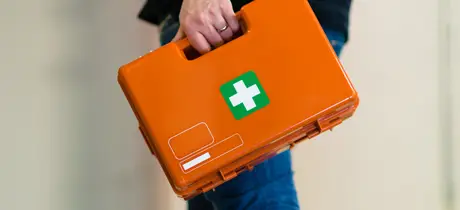
Accidents and first aid
If someone is taken ill or is injured, it is important that immediate assistance is provided.

Arson
Arson is the most common cause of large fire losses and can therefore pose a significant threat to your premises.

Asbestos
Asbestos is a naturally occurring, fibrous material which if inhaled can cause serious diseases.
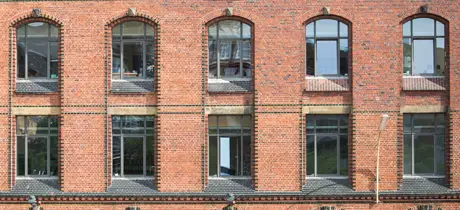
Building valuation
This guidance highlights some of the items that need to be considered when obtaining a building valuation for insurance purposes.

Preparing a business continuity plan
Disaster strikes when you least expect it. Hopefully, a disaster will never happen but if it does you need to be prepared.

Cold weather advice
Careful maintenance and risk management can help prevent property damage and/or injury during the winter months. We’ve brought all of our cold weather advice together in one place.

Display screen advice
Typically, display screen equipment (DSE) is any computer, laptop, touch screen or similar device.
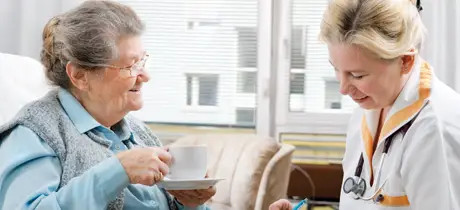
Duty of candour
All providers of health and social care services who are registered with the Care Quality Commission (CQC) are required to comply with a statutory duty of candour. The duty is to be open and honest when untoward events occur.
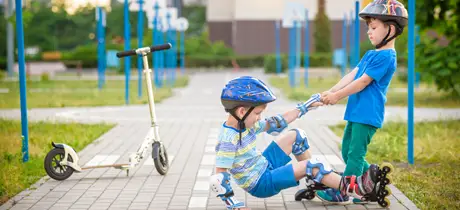
Enterprise risk management
The documents in this section are designed to help charities or churches of any size to create a framework to help them look at risk universally, and formulate an ERM approach which will really work for them.

Environmental considerations
Not only is the environment at risk from our actions, our buildings are at even greater threat from the elements.
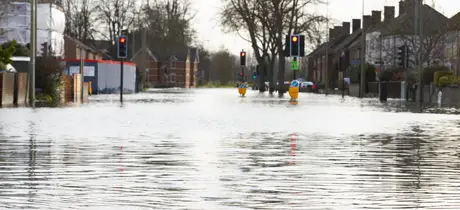
Flash flooding
1 in 6 properties in England and Wales will be directly affected by flooding in the future.

Food safety advice
Food poisoning and allergic reactions can occur where poor practices have been adopted.
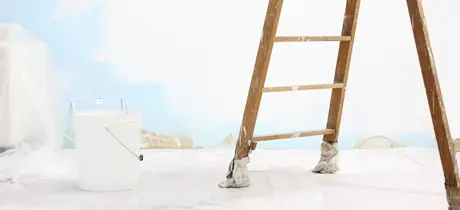
Ladder safety
There is no ban on the use of ladders in premises and they can offer a practical option for low risk tasks.

Legionellosis prevention
Legionellosis is a collective term for diseases caused by legionella bacteria including the most serious legionnaires’ disease.
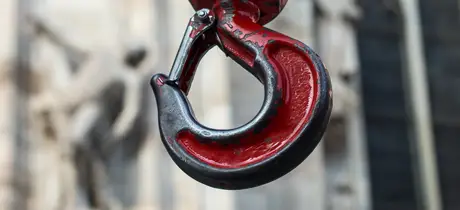
Lifting equipment
In an industrial setting, lifting equipment such as, cranes, forklifts, lifts and hoists is easy to identify. Spotting similar equipment in a church, charitable organisation or other business may not be so immediately obvious.
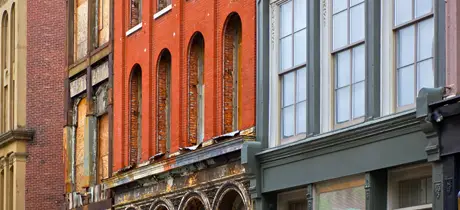
Unoccupied premises
Experience has shown unoccupied properties are at greater risk from arson attacks, vandalism including broken windows and graffiti, burst pipes, theft and fly-tipping.
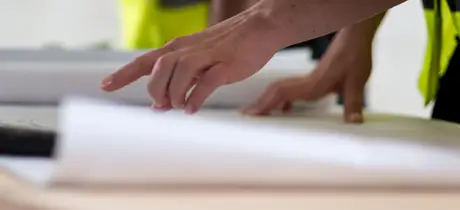
Managing contractors
From time to time, you might employ the services of a contractor to complete tasks at your premises.
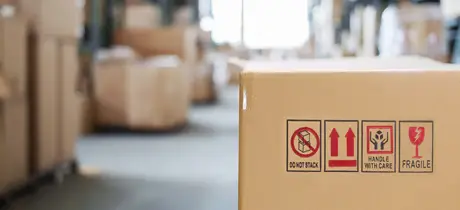
Manual handling
Moving loads by hand is a common enough task in many workplaces, but it is not without risk to those involved.
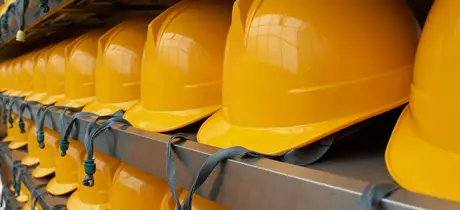
Personal protective equipment
Equipment and clothing that protects against health and safety risks at work.
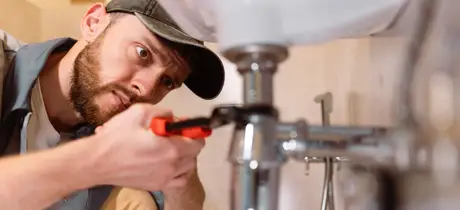
Preventing burst pipes
The cost and inconvenience caused by a burst pipe can be considerable. Just a small fracture can release gallons of water, damaging masonry and plaster, carpets and other contents. To avoid burst pipes and home insurance claims there are several steps you can take.
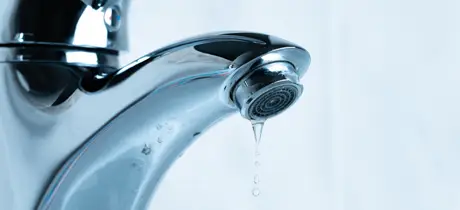
Reducing the risk of water leaks
This guidance summarises some of the main reasons the risk of water leaks is increasing and more importantly some of the things you should consider doing to minimise the risk of a leak in your property.
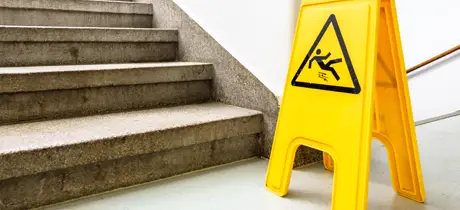
Safety signs
Safety signs play an important role in warning of hazards or advising on what precautions need to be taken.
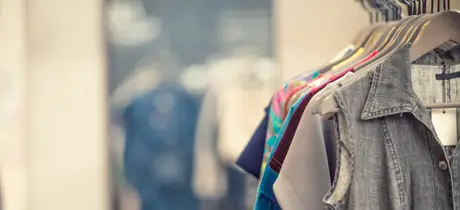
Selling second-hand goods
Many organisations and groups are involved in selling second-hand goods as a way of raising funds. This can be through charity shops, ‘bring and buy’ events, fairs and other sales activities.
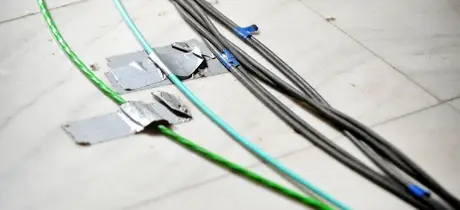
Slips and trips
Slips and trips are a common cause of injury. Such injuries can be quite severe and in some cases are disabling. As a result, we continue to see quite a number of claims from members, employees, volunteers and visitors each year.
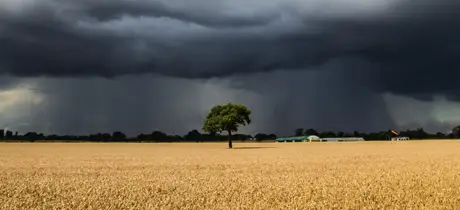
How to stay safe in a storm
With the colder weather setting in, the evenings getting dark before you finish work, and the constant threat of torrential rain and high winds; you should set a plan in place to prepare and protect your premises from the harshest weather.

Metal theft
Theft of metal is an ongoing challenge. The financial loss arising from thefts goes beyond the cost of just replacing the stolen metal.
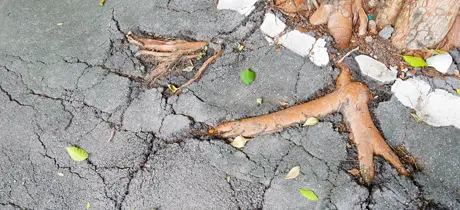
Trees
Trees form a natural part of the overall landscape, bringing wide and many varied benefits. However, if not properly manged can cause serious damage.
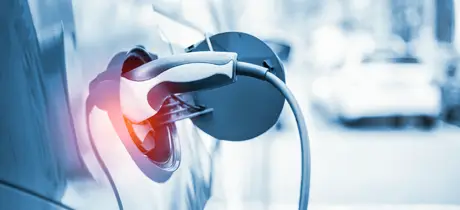
Electric vehicle charging guidelines
The growing use of electric vehicles has seen the need to provide charging facilities in premises, which, if not suitably managed, can introduce potential hazards.

Volunteers
Volunteering is at the heart of any developed society. Supporting others for no financial gain can bring many positive benefits not just to the community served, but also to the volunteers themselves.
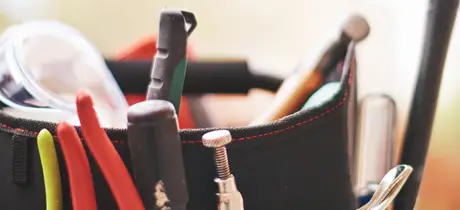
Work equipment
Frequently, a range of machinery, hand tools and other equipment is used at many premises.
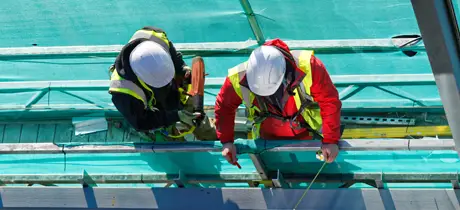
Working at height
The way you manage work or access at height needs to be proportionate to your particular circumstances. We appreciate that your premises is not a factory or a building site and is comparatively a low risk environment.

Young people
Young people are an important part of any community, and their participation is actively encouraged.